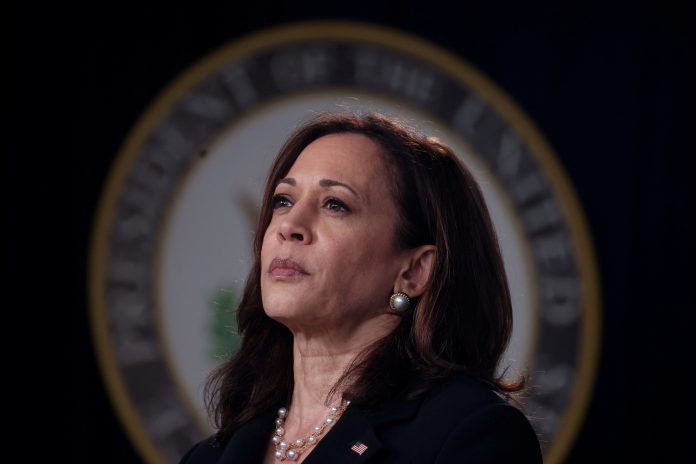Vice President Kamala Harris has unveiled an ambitious plan to bolster small businesses. She proposes expanding the tax deduction for new startups and setting a goal of 25 million new small-business applications during her first term if elected president. Harris plans to detail this proposal in a speech in Portsmouth, N.H., as part of her ongoing efforts to articulate her economic vision for the country.
Harris’s proposal would expand the startup expense deduction for small businesses from the current $5,000 to $50,000, offering more substantial financial relief to new business owners. This deduction, which covers costs such as market surveys, advertisements, and employee training before operations begin, would provide more flexibility by allowing businesses to claim the larger deduction when they start generating profits, potentially maximizing the benefit. This proposal is intended to help small enterprises manage their startup costs more effectively, aligning with Harris’s broader economic goals.
In addition to the tax deduction expansion, Harris has set a bold target of 25 million new small-business applications by the end of her first term. This would significantly increase from the 19 million applications reached during President Biden’s tenure. Harris’s plan also includes measures to streamline government bureaucracy, such as creating a standard deduction for small businesses and simplifying obtaining occupational licenses across state lines. These efforts aim to reduce administrative burdens on small business owners, making starting and growing businesses easier.
Moreover, Harris plans to focus on rural small businesses by proposing a small-business expansion fund. This fund would cover the interest cost for companies expanding into underinvested regions, encouraging growth in areas traditionally seen less economic development. Additionally, she intends to mandate that one-third of federal contract dollars go to small businesses, further supporting their growth and sustainability.
As part of her broader economic agenda, Harris is addressing concerns about rising costs and economic stability. She has already proposed restoring the expanded child tax credit, building three million new housing units, and offering tax incentives for first-time home buyers. These initiatives, combined with her small business proposals, are central to her strategy to position herself as the best candidate to manage the economy.
Harris’s proposals come as she seeks to narrow the gap in public perception of economic management, where her Republican rival, former President Donald Trump, currently holds an advantage. While Trump has criticized Harris’s policies, particularly her proposal for a federal ban on price gouging, Harris’s campaign emphasizes economic relief and support for small businesses as key components of her platform.










